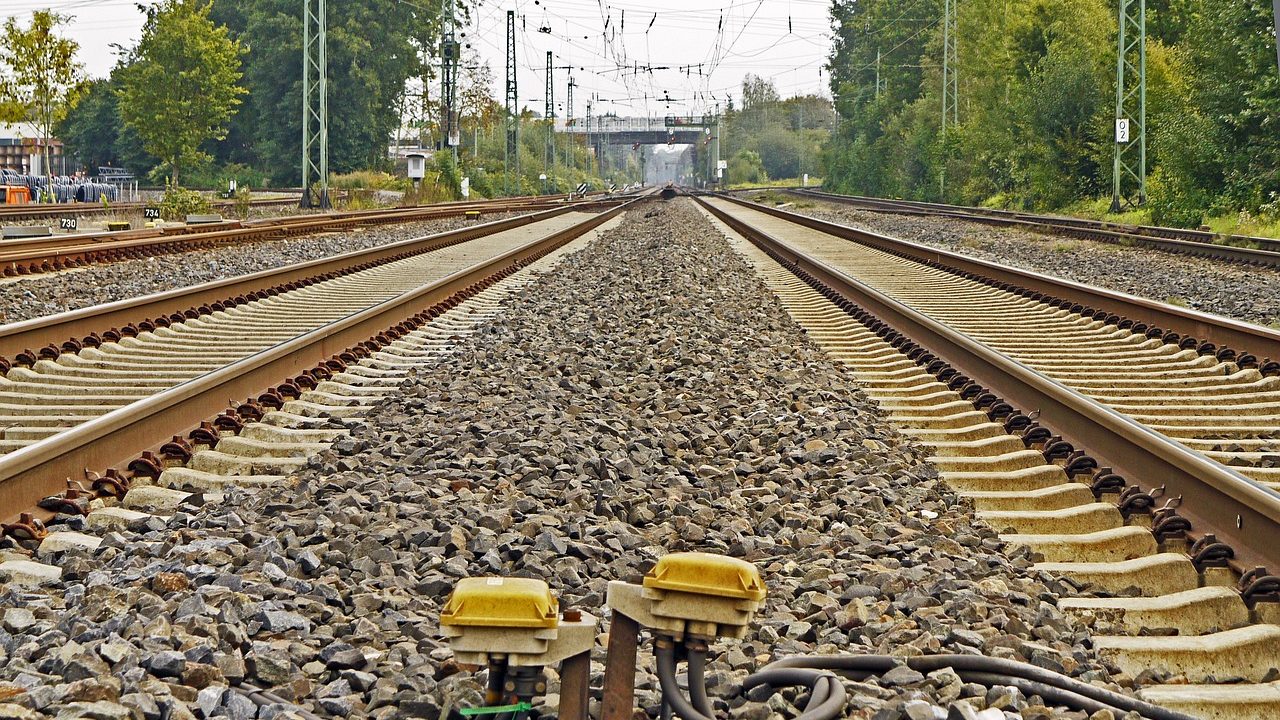Minister wants whole country to take part in national rail plan debate
Pedro Nuno Santos said that the National Rail Plan, presented for public discussion, "is the instrument that the country was missing," which places the railway "at the centre of national debate.
Portugal’s infrastructure minister, Pedro Nuno Santos, said on Friday he expected associations, local authorities and “the whole country” to take part in the discussion of the National Rail Plan, presented on Thursday for public discussion.
“The public discussion period has been launched and now we are going to have a period in which people can participate, associations, local authorities, it is very important that the whole country participates in this discussion,” said Pedro Nuno Santos, on the sidelines of the ceremony to formalise an agreement between the municipality of Porto and the Housing and Urban Rehabilitation Institute (IHRU) to rehabilitate the Lomba islands.
On Thursday, Pedro Nuno Santos said that the National Rail Plan, presented for public discussion, “is the instrument that the country was missing,” which places the railway “at the centre of national debate.
“What the National Rail Plan allows us to do, [is] once again to place the importance of the railway at the centre of national debate,” said the minister for infrastructure and housing, Pedro Nuno Santos, at the presentation of the plan at the national civil engineering laboratory (LNEC) in Lisbon.
“This is the instrument that the country has been missing and that we realised from the beginning, and it is an electoral commitment and from the PS government programme and, therefore, we are fulfilling that commitment,” the minister of infrastructure added.
Pedro Nuno Santos explained that this is not a short term investment plan, nor a plan to finance that investment, but rather a plan that received over 300 public contributions.
The proposal presented was approved on Thursday by the Portuguese Cabinet.
Once the public discussion phase is concluded, the proposal returns to the Cabinet for new approval, before being forwarded for discussion in parliament, from where it should come out in the form of a law, as with the National Road Plan.
“This is a proposal for public discussion, it does not have to be exactly the same in the end, […] and it is a planning instrument that will endure”, through the following governments, the minister pointed out.
Pedro Nuno Santos reiterated that the electric-powered train “is the biggest contributor to climate transition” and that it also solves other types of problems, such as congestion in urban centres, with an excess of cars, hours wasted in traffic and number of accidents.
According to the minister, the plan already mirrors the work that is being done in the framework of Railway 2020 and also mirrors what is being planned for the National Investment Plan (PNI) 2030, which are the high speed line, to link Lisbon to Porto and Porto to Vigo, in Spain, the electrification of the entire network, and the “resolution of blockages in the two metropolitan areas.
